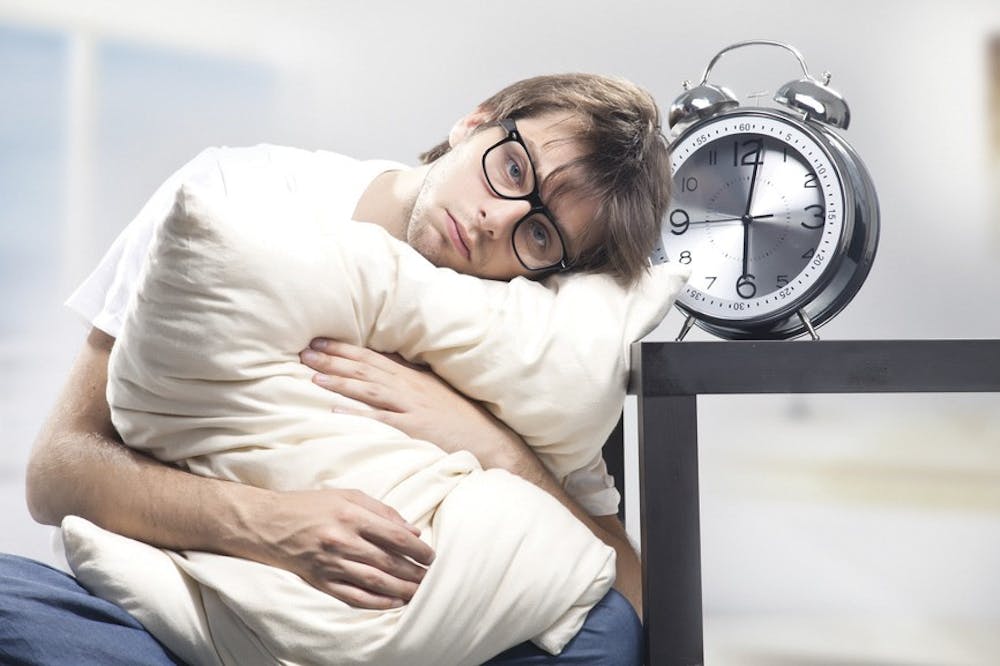
A recent Penn study found that teenagers who frequently become drowsy are more likely to commit crimes
Credit: VicThere’s a new reason for teens to get enough sleep — it could keep them out of jail.
A recent study from Penn and the University of York has demonstrated that drowsy teenagers are 4.5 times more likely to commit crimes before turning 29 years old. .
More than 35 years ago, while earning his Ph.D. at the University of York in the United Kingdom, Adrian Raine — who is now affiliated with both the School of Arts of Sciences and the Perelman School of Medicine as a professor of criminology, psychiatry and psychology — tested a group of 15 year-old boys in the UK. He collected data on their rates of drowsiness in the early afternoon as well as instances of anti-social behavior among the youths.
“A lot of the prior research focused on sleep problems, but in our study we measured, very simply, how drowsy the child is during the day,” Raine said in a press release.
He found a link between drowsiness among teens and anti-social behavior such as lying and cheating.
Along with Peter Venables, a psychology professor at the University of York and Raine’s former Ph.D. research advisor, Raine recently returned to the study. The researchers electronically searched the Central Criminal Records Office in London to determine which of the members of the sample had criminal records by age 29.
Focusing only on violent crimes and criminal offenses for which individuals had been convicted, the researchers found that 17 percent of teens tested had a criminal record 14 years later.
“Daytime drowsiness is associated with poor attention. Take poor attention as a proxy for poor brain function. If you’ve got poor brain functioning, you’re more likely to be criminal,” Raine said in the press release.
Taking the study one step further, the researchers cross-referenced their data results with the socio-economic status of the participants and found a relationship between these factors.
Getting more sleep “could make a difference not just for anti-social behavior at school with these teenage kids but more importantly, with later serious criminal behavior,” Raine added. “More sleep won’t solve crime, but it might make a bit of a dent.”
The Daily Pennsylvanian is an independent, student-run newspaper. Please consider making a donation to support the coverage that shapes the University. Your generosity ensures a future of strong journalism at Penn.
Donate




